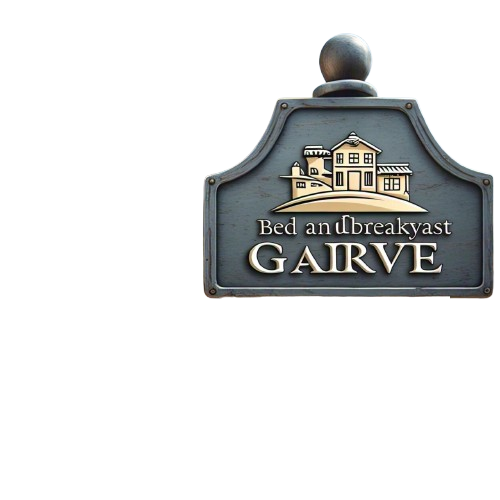Online gaming has evolved into a cultural powerhouse, transforming the way people engage with entertainment and each other. What was once a limited pastime involving basic graphics and local multiplayer has become an immersive global experience, connecting millions through a shared digital playground. Today, online gaming is more than a form of recreation—it is a space for creativity, competition, socialization, and even career-building.
The foundation of online gaming lies in its ability to connect people across vast distances. Whether it’s friends teaming up from opposite sides of the world or strangers cooperating in real-time, the online space breaks down physical barriers. In many cases, players don’t just play—they talk, plan, and build lasting friendships through voice Luxury138 chat, messages, or in-game events. For many, online gaming communities become as meaningful and supportive as real-life social circles.
This global connectivity has been driven by advances in technology. High-speed internet, powerful graphics engines, and portable devices have made gaming more accessible and immersive than ever. Cloud gaming now allows players to enjoy full-scale games without downloading them, while mobile games bring the experience to anyone with a smartphone. These developments have opened the doors to casual players, hardcore fans, and everyone in between.
The diversity of games available in the online space is staggering. From massive multiplayer online role-playing games (MMORPGs) to short competitive matches in first-person shooters, from fantasy sports to simulation games—every genre has its own thriving community. This wide variety ensures that players of all preferences and skill levels can find something they enjoy. Some games even focus purely on building, storytelling, or exploration, offering endless freedom and creativity.
Beyond entertainment, online gaming has grown into a viable industry and career path. Esports has taken competitive gaming to a professional level, with tournaments filling stadiums and livestreams drawing millions of viewers. Gamers have also found success as streamers and content creators, sharing gameplay and building communities around their personalities and skills. For many, gaming is not just a hobby—it’s a livelihood.
However, the rise of online gaming brings challenges as well. Concerns about excessive screen time, online harassment, and in-game purchases have sparked important discussions about digital well-being and responsibility. Developers and platforms are under growing pressure to create safer, more balanced environments, implementing tools like moderation systems, reporting features, and content filters to support healthy play.
In conclusion, online gaming is a defining feature of the modern digital era. It offers not just a way to escape or compete, but a way to connect, create, and grow. As technology continues to evolve, so will the experiences within online games—becoming more inclusive, immersive, and meaningful. What was once “just a game” has become one of the most powerful ways people around the world come together, one match at a time.
